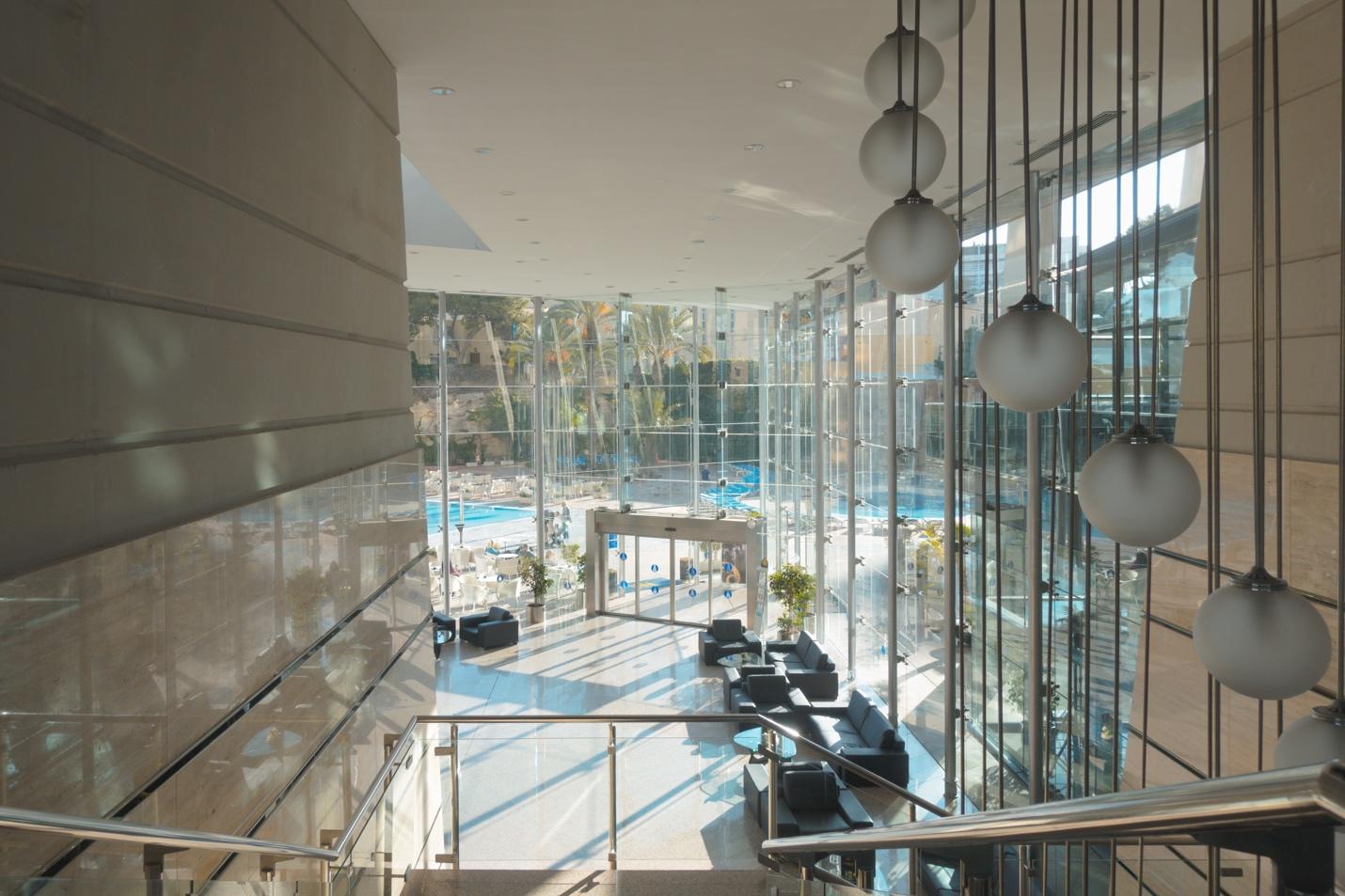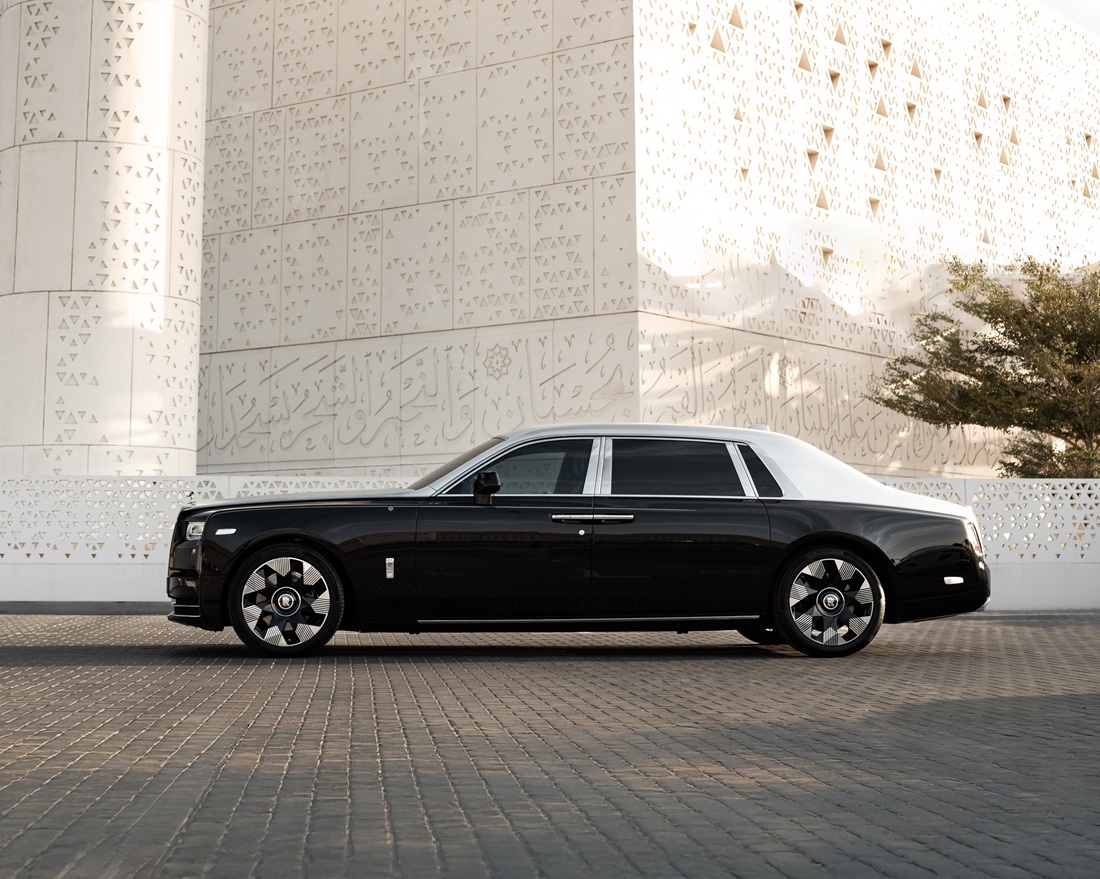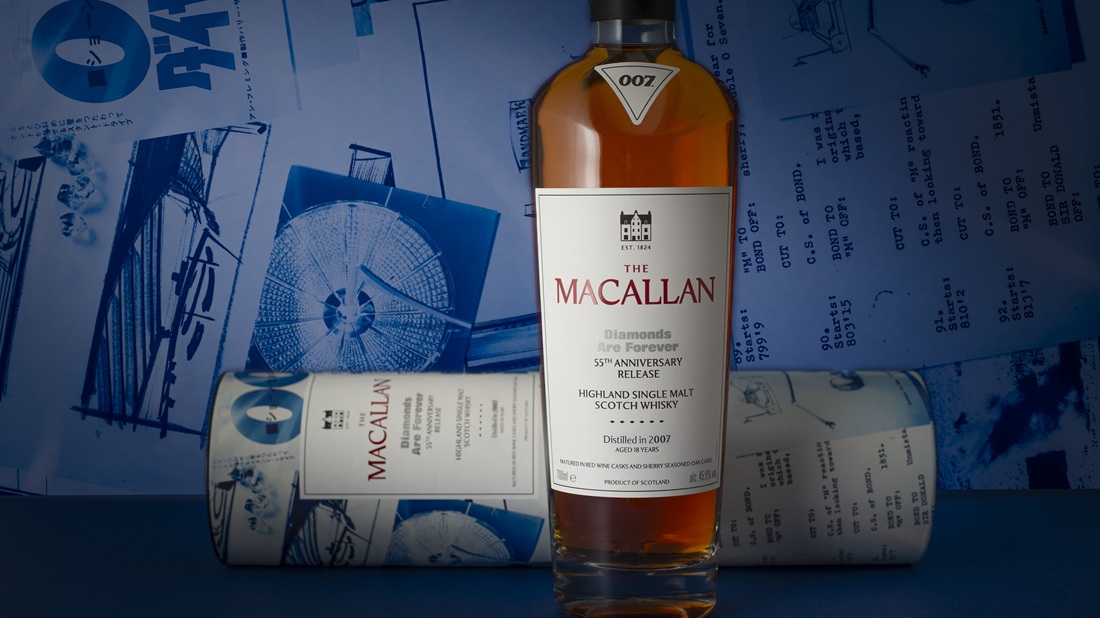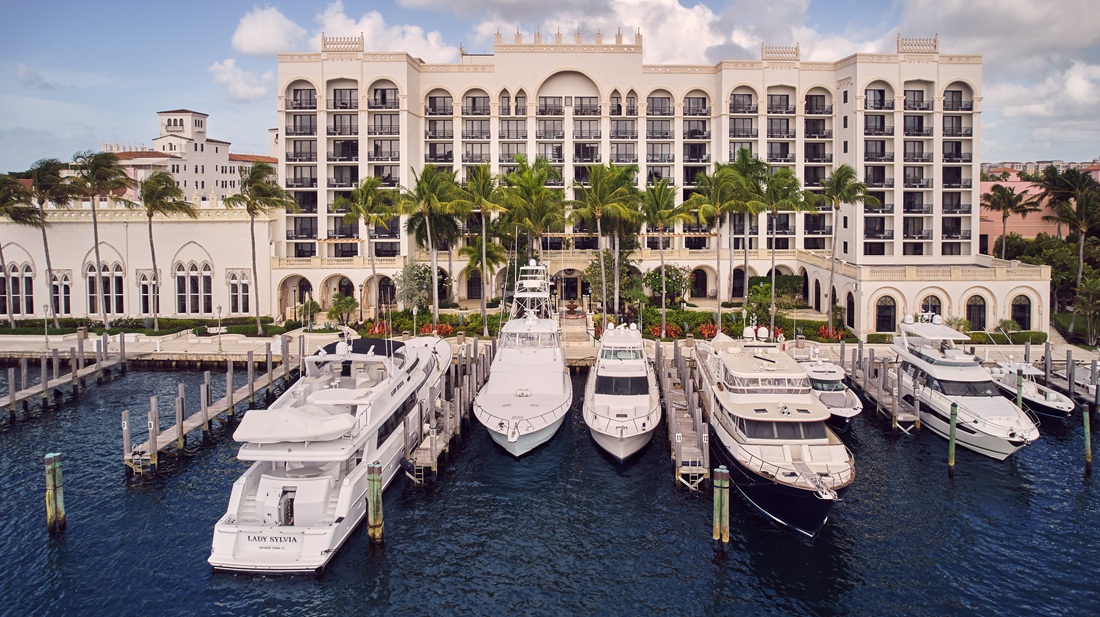The Glory Days of Mr. D
In the Beginning
Eddie DeBartolo Jr. grew up in the small, working-class steel mill town of Youngstown, Ohio. His father, Eddie DeBartolo Sr., worked in development and Eddie himself lived what he recalls as a very “normal” childhood. He confesses that sports were never his forte, admitting, “I was too small to play football; I was really more of a spectator than a player.” He adds, “To be honest, when I was growing up, I had always wanted to be a doctor.” But dreams of Medical School were set aside once his father’s company, The Edward J. DeBartolo Corporation, started to take off.
Upon graduating from University of Notre Dame with a degree in Business, DeBartolo joined his father full-time. In the 1960s, the company, went from developing local roads and homes, to strip centers and local malls, and then to regional malls. DeBartolo explains, “The company did everything; we managed, we built, we had a whole architectural and engineering department. We called it ‘Concept to Completion’; and that was my life.” At one point, The Edward J. DeBartolo Corporation owned more than 100 malls throughout the U.S. and was responsible for building the world’s largest and most expensive shopping center at the time, establishing its legacy as one of the most successful real estate companies in history. Yet despite the groundbreaking success of the DeBartolo family business, this was really only the very beginning; Eddie DeBartolo Jr.’s legacy had only just begun.
A Fateful Phone Call
It’s surprising to discover that the DeBartolo family really just stumbled upon ownership of the San Francisco 49ers. In fact, DeBartolo Sr. had first attempted to buy both the Cleveland Browns back in 1959 and Tampa Bay in 1976 (two areas of the country in which they held a significant amount of real estate). It wasn’t until March of 1977 that they received that fateful phone call that the 49ers were for sale. The father-son duo flew out to meet with the team’s lawyers and representatives, and the deal was locked down a month later. “I got involved and made it my passion from the very beginning,” DeBartolo says, but admits, “The problem was, I didn’t know football, I made so many mistakes early on.” He refers to the team’s abysmal 2-14 record his first two seasons. No one could have predicted that this team was just on the brink of making NFL history.
Incredible Foresight
In 1979, DeBartolo hired coach Bill Walsh to help revive his struggling team. Even Walsh at the time doubted that he could help the team rebuild. But it was he who suggested drafting Joe Montana that same year. “I remember it like it was yesterday,” DeBartolo says, narrating this detailed story like a proud father recalling his son’s first steps. “We were in a small office in Redwood City, California on Nevada Street and I was standing outside the office. It was the third round and Walsh came to me and said, ‘We’re thinking about this kid from Notre Dame—Joe Montana. He’s not very big, he doesn’t have a very strong arm, but I really like him because he’s a winner; he’s just got that intangible’.” With only this inkling to go by, DeBartolo honored Walsh’s wishes, and Montana joined the team. “I really don’t think anybody had the foresight, ever, that Bill Walsh had,” DeBartolo proclaims. Most others will agree; Walsh is now known as one of the greatest NFL coaches of all time. Just two years later, (a national record), the San Francisco 49ers went from being the worst team in the league to winning their first Super Bowl championship.












